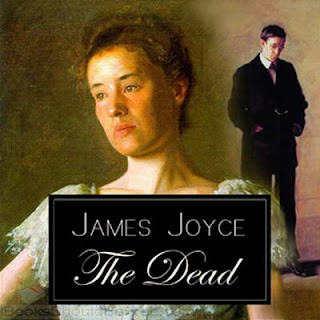 |
| An Ox-Bow |
As luck has it, I was just reading the current issue of Firsts: The Book Collector's Magazine (May, 2013), which features Walter Van Tilburg Clark's 1940 novel, The Ox-Bow Incident, certainly an American classic:
 |
| Thomas Cox's THE OXBOW (1936) Note the question mark. |
The ox-bow of the title refers to a geographical phenomenon (where, in the novel, the hangings take place), which has nuances of "The Second Coming" by William Butler Yeats. The best lack all conviction while the worst are full of passionate intensity.
It also alludes to Thomas Cox's famous 1836 painting, The Oxbow, which illustrates the division between nature and civilization--at least pastoral civilization. The oxbow circles creating a question mark between them. The birds wheel and circle too.
The division can be seen as Aristotle vs. Plato, or as Apollo vs. Dionysus, or as control vs. anarchy, as men act cowardly in their vain attempt to prove their courage, their manliness. The mob misappropriates for itself a monopoly on virtuous masculinity and castigates all opposition as unpatriotic weakness and femininity.
 |
| The Ox-Bow of a noose |





























